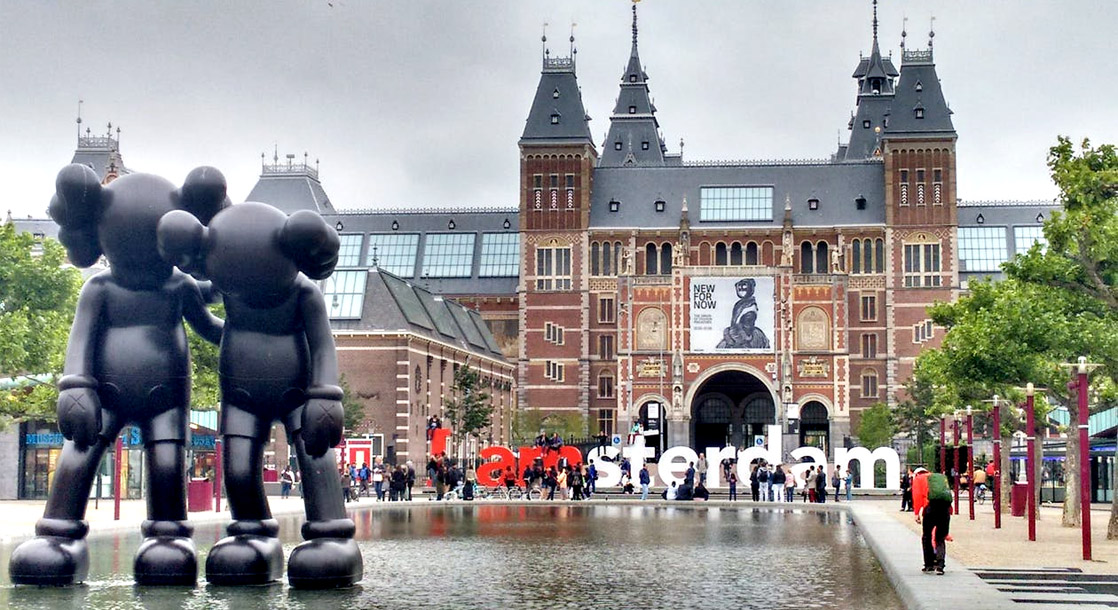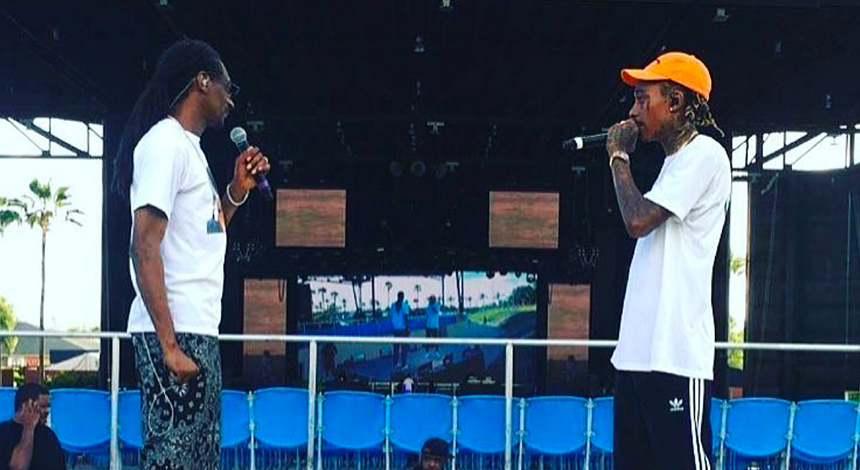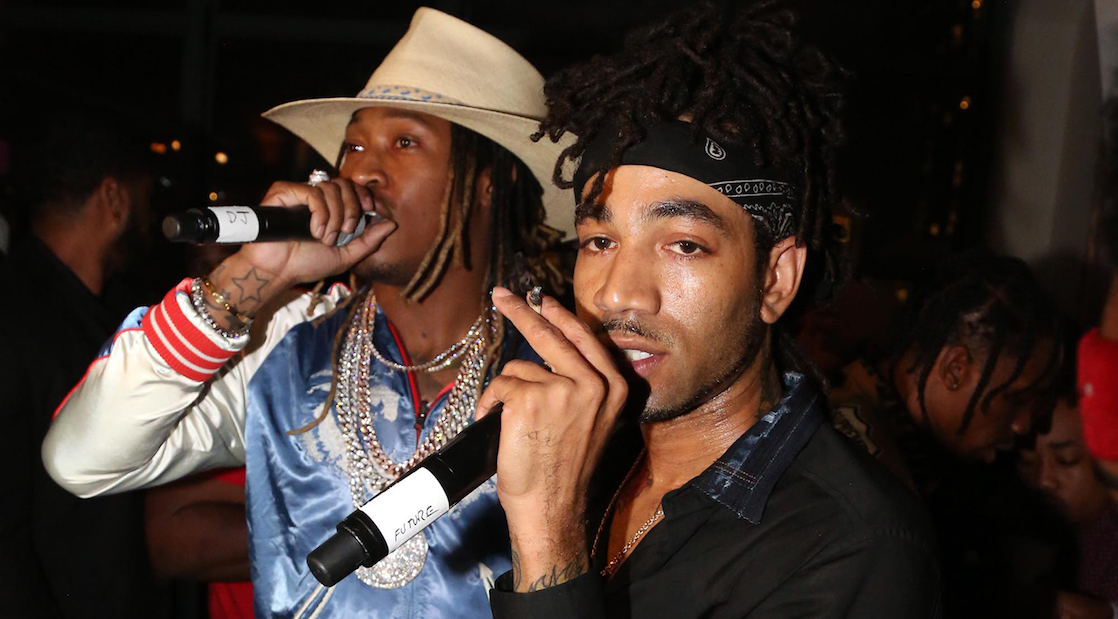Amsterdam’s mayor is moving ahead with her plans to ban tourists from the city’s famous cannabis coffee shops, despite concerns that the move will increase street-level black market sales.
Since taking office in 2018, Mayor Femke Halsema has been working to reform Amsterdam’s reputation as a haven for weed and sex work. Cannabis is actually illegal in the Netherlands, but Amsterdam and several other large cities have allowed residents and tourists to buy and smoke weed at designated pot cafes. Weed cultivation remains entirely prohibited, though, which guarantees that the strong demand for hash must be provided by the black market.
As many as 3 million tourists reportedly visit Amsterdam’s weed coffeeshops annually, and many more scope out the city’s famed red-light district. Tourists have brought the city millions of dollars in extra income every year, but waves of annoying, stoned tourists and rising real estate prices have convinced city residents and lawmakers to finally crack down on sex and weed tourism.
In February of 2020, Halsema proposed a plan to ban tourists from cannabis cafes and the red light district. But within weeks, the pandemic hit Europe, making the plan temporarily redundant. The Netherlands and most other countries have now lifted quarantines and travel bans, though, and tourists have been returning to Amsterdam in force. This week, the mayor told the city council that she is ready to move ahead with the ban.
“Many of the major problems in the city are fueled by the cannabis market: from nuisance caused by drug tourism to serious crime and violence”’ Halsema said, Dutch News reports. The mayor argued that “money from the lucrative cannabis trade easily finds its way into hard drugs” and that “banning sales to tourists is a necessary intervention… and a first step towards regulation.”
Tourists have already been banned from visiting pot cafes in every Dutch city, with the notable exception of Amsterdam. These cities all saw major increases in street-level black market weed sales after the bans were put in place, clearly indicating the strategy’s ineffectiveness at cracking down on illicit dealers.
The Netherlands proposed a far more effective solution to the black market situation back in 2019, launching a pilot program that would provide coffee shops with legal weed grown by the Dutch government. This program would only serve 14% of all pot cafes in the entire country, though, and government officials have pushed back the program until next year.
The proposed ban would also be bad news for the city’s pot cafes. There are currently 166 licensed coffee shops in Amsterdam, but earlier research has indicated that only 66 of these cafes would be needed if the city banned weed tourism. The remaining 100 small businesses may be forced to close their doors if their primary source of income is cut off.
So far, it is unclear whether Halsema will be able to implement the ban. Two of the largest political parties in the city council oppose it, and another major party said they will only approve the ban if they are convinced the city can crack down on black market sales. The mayor still has the authority to enforce the ban without the council’s approval if she deems it a “necessity” for the city, though.











